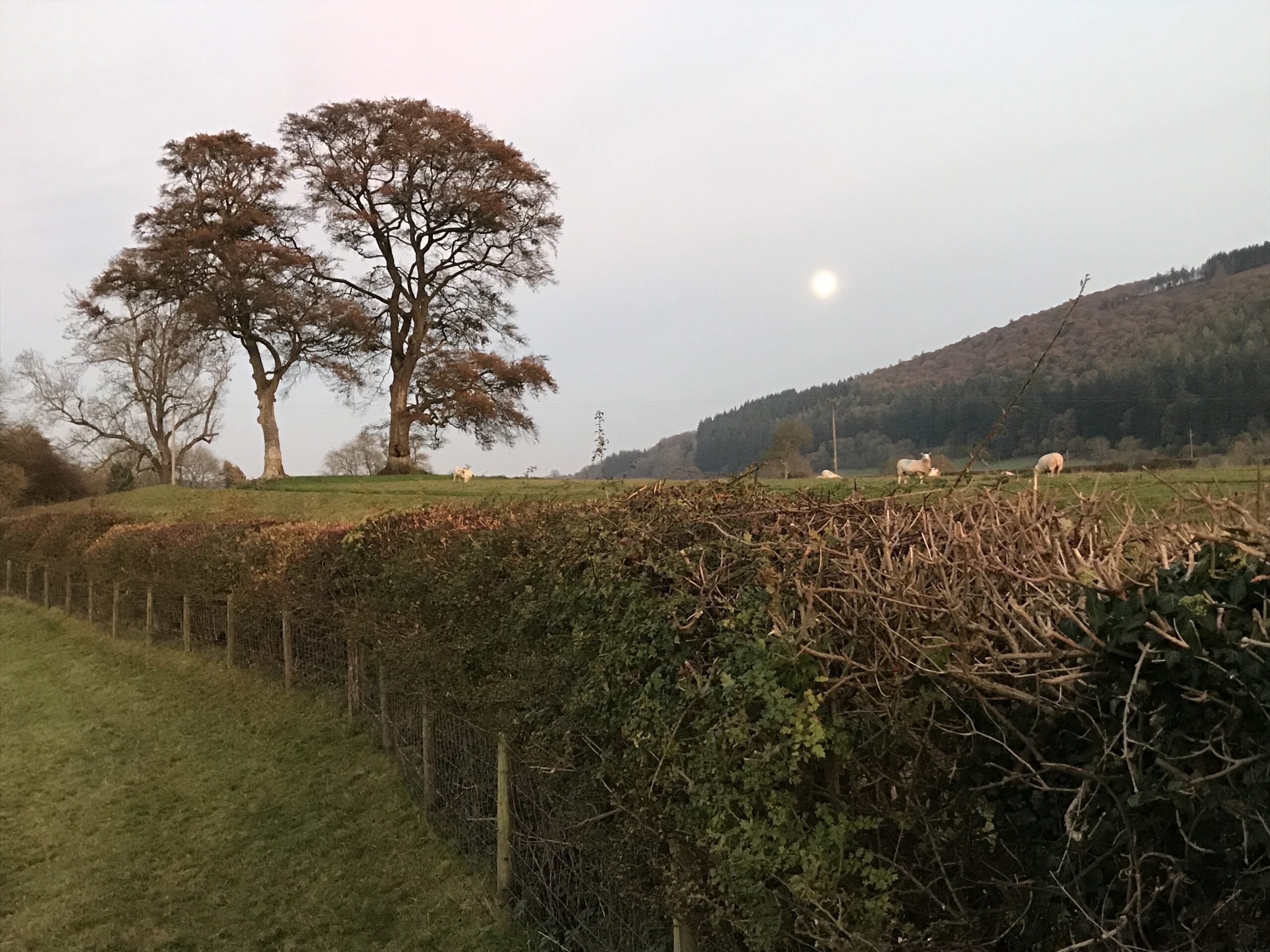
Introduction to Creative Ecology
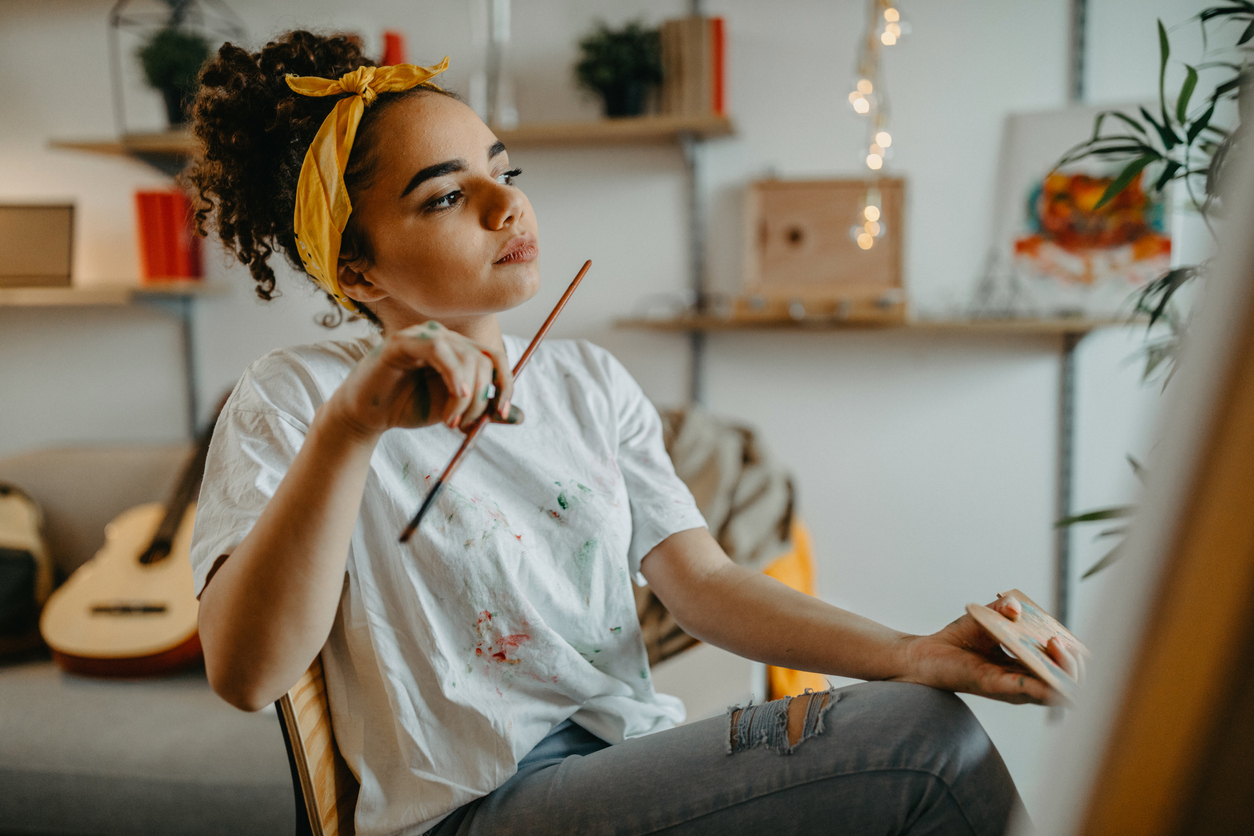
It has taken most of my life to understand the conditions that best support me as a creative being. In the absence of this knowledge I have often felt ungrounded and unsure. Finding it has made me at once more stable and more free.
Here’s what I know for sure about the creative process and the conditions that support a creative life. It’s based on decades of study and personal experience – and is the foundation for everything we’re building at Lifescapers.
1. Exploration
I’m an explorer at heart and love nothing better than to go “walkabout” through strange or familiar environments. I wander used book stores and art galleries, eavesdrop on conversations in cafes, go to movies and plays and concerts and festivals of all kinds. I’ve volunteered at the Havelock Jamboree and canoed with Wild Women. Chanted in sweat lodges, skinny dipped in Norwegian fiords, watched the sun rise and set from my perch inside the rim of the Grand Canyon, climbed rock faces and repelled back down again. On expedition I encounter the world, close-up and personal. The goal of any exploration is that experience of being alive that Joseph Campbell said we are all looking for. I take a little black book with me and write what I see and hear and think and feel and wonder as I go.
2. Contemplation
I require long periods of solitude in which to let my mind wander. I daydream and imagine. Free-write and collage and make sketches. I pose myself intriguing questions and do my best to answer them. Stare at walls and lie in the backyard with my eyes closed listening to birdsong. I go for long walks and swim lengths and do nothing at all. Going down rabbit holes is one of my favourite pastimes. Getting lost is the danger here.
3. Creation
I could easily spend my whole life in a back and forth between contemplation and exploration. Between experiencing life and thinking about it. But I have learned that the greatest satisfaction comes from integrating my thoughts and experiences and giving them form in an artistic medium, whether it be a blog or book or film or performance. When I come into the workshop and ask myself what I want to make of everything that I have seen and thought, an idea always begins to form in response. The philosopher Rollo May used to say that passion loves form. That’s been my own experience. The hard part is to get myself into the workshop and stay there through the sometimes frustrating experience of translating the vision I hold in my imagination to something I can hold in my hand.
4. Exhibition
The time comes when I must take my new creation out of the workshop and present it to the world. I feel most vulnerable at this stage, as I open myself and the work up to be seen. There is a mix of anticipation (I hope they like it) and dread (What if they hate it?). A mix of pride (I made this) and shame (It’s not quite as wonderful as I hoped it would be). I try not to be too attached; to remember that I am not my work. I focus on the work as contribution; something for others to encounter on their own expeditions. The role of the artists to help the world see themselves and the world in new ways.
Lifescapers is a Creative Ecosystem
When I move between the four domains of exploration, contemplation, creation and exhibition in in an easy and continuous flow, I am happy and productive and my work is original and meaningful. That’s what I most wish for you as well.
Lifescapers is designed to be a creative ecosystem in which your creative life can thrive. Our offerings are intended to support you in each of the four quadrants, and encourage you to stay in flow through the stages of the creative process. So you experience the satisfaction of seeing your initial inspiration translated into finished work, and your finished work find its way out into the world where it can enrich the lives of those who encounter it on their own explorations.
Thank you for signing up to be part of our creative community at Lifescapers. I can’t wait to see what we get up to together.
Three morals in this story:
- Creativity arises out of a specific set of conditions and practices.
- In order to become more creative it is necessary to explore more widely, contemplate more deeply, create new things more consistently and exhibit more openly.
- It doesn’t matter where you start, it matters more that you keep moving once you do, not get stuck in any one quadrant for too long but get in the habit of completing cycles.
with creativity and imagination,
Darlene
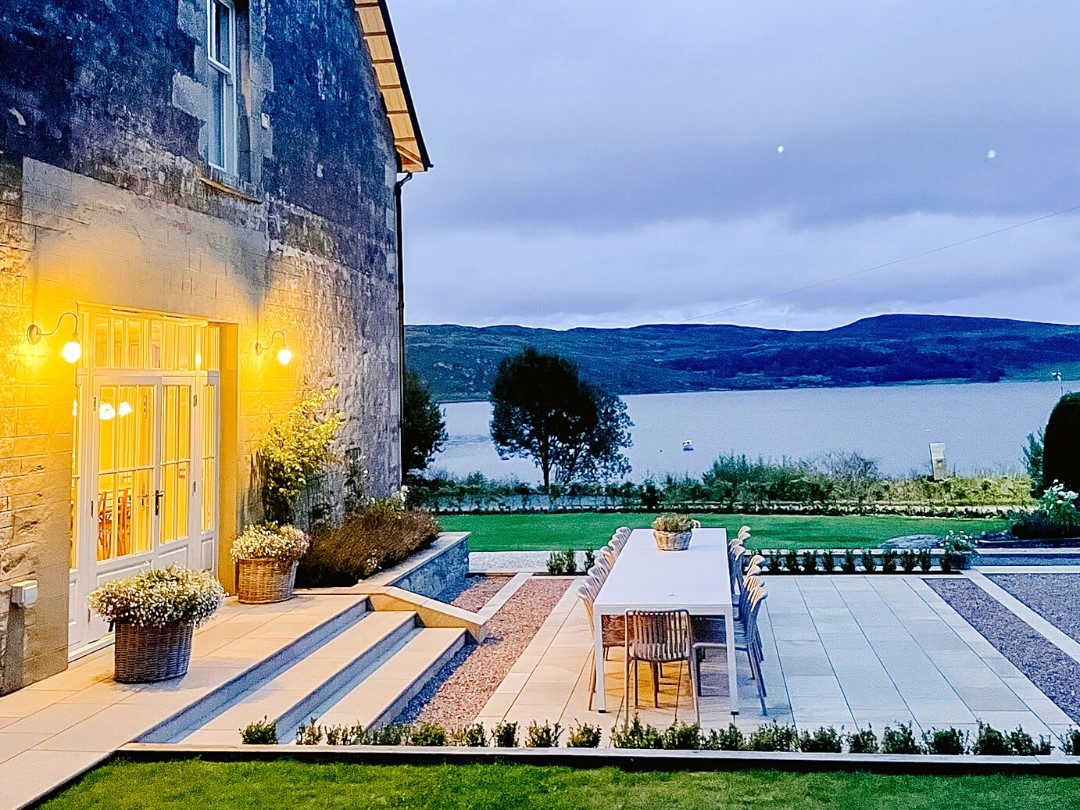
Related Blogs

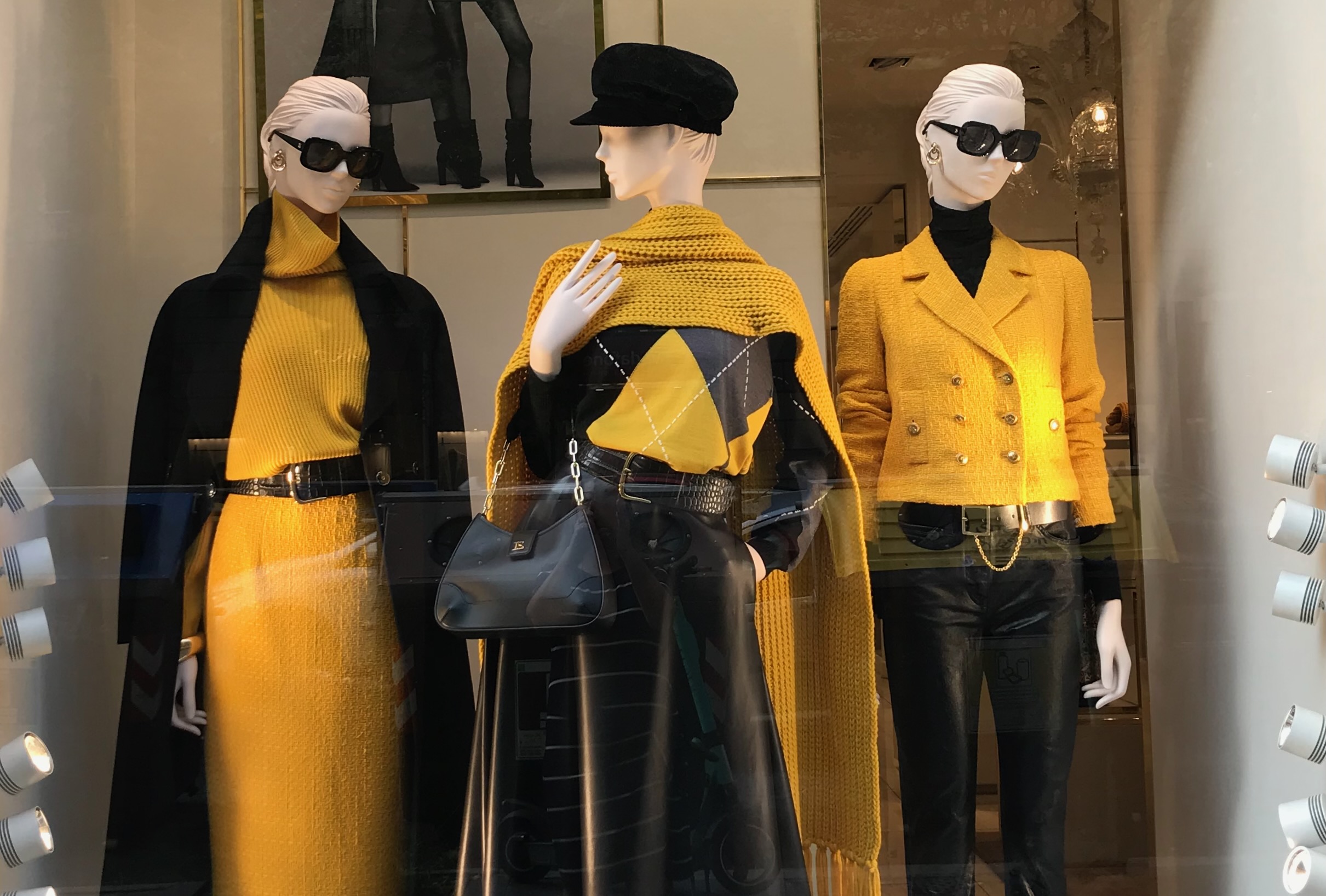
Style and Fit
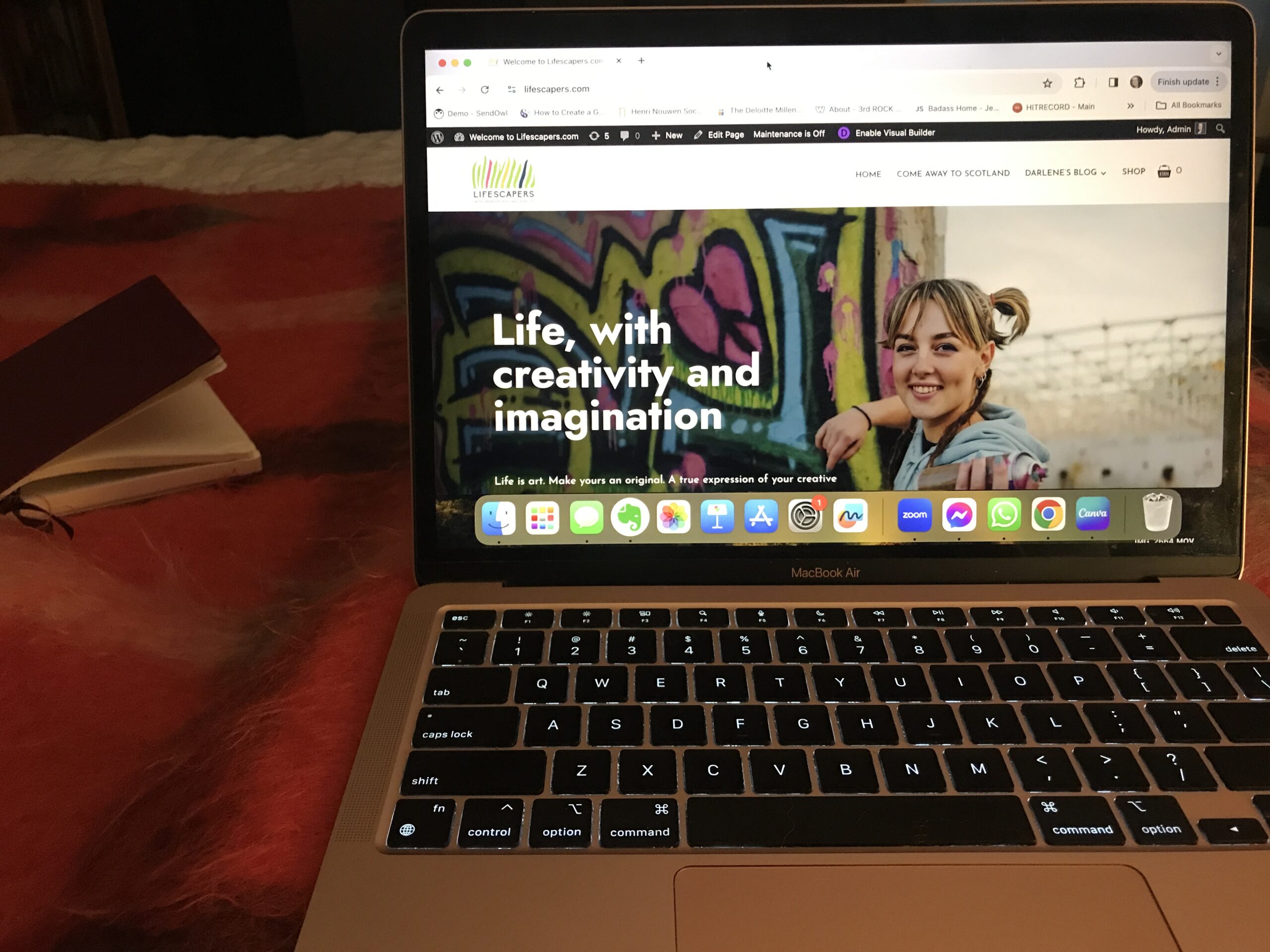
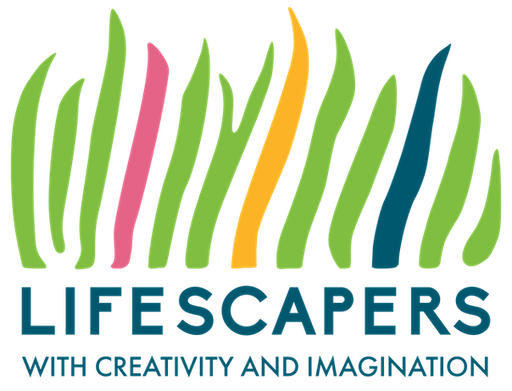

0 Comments